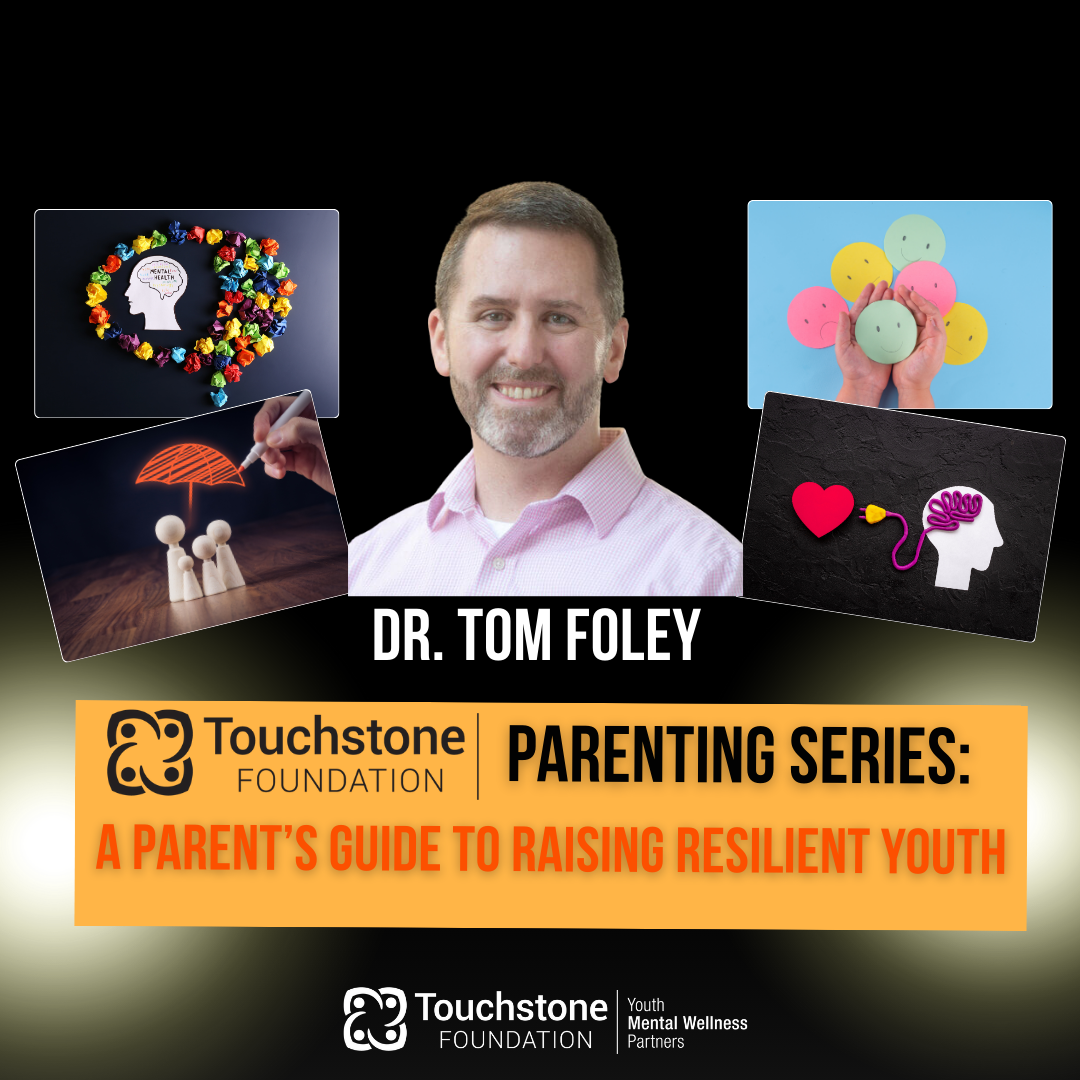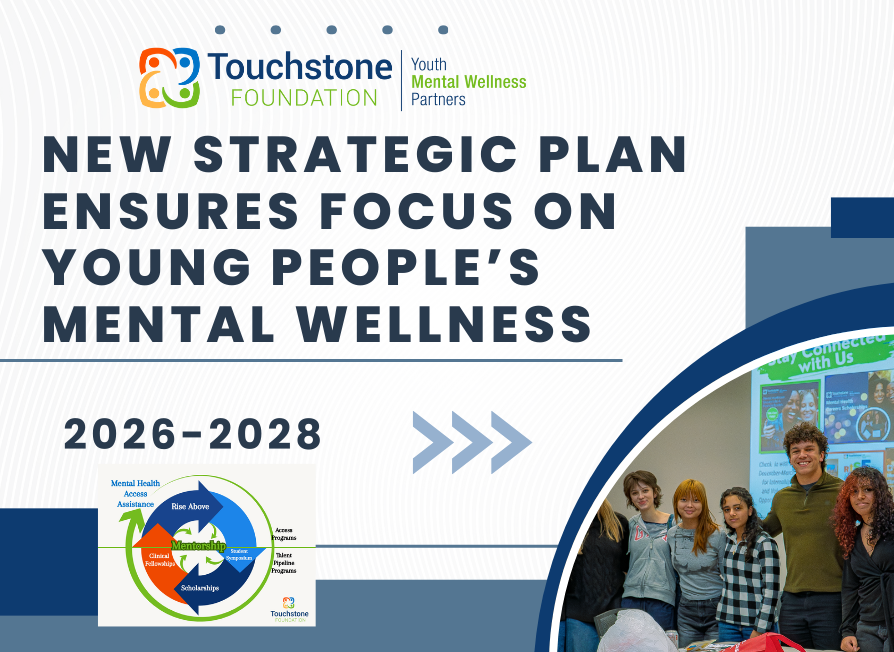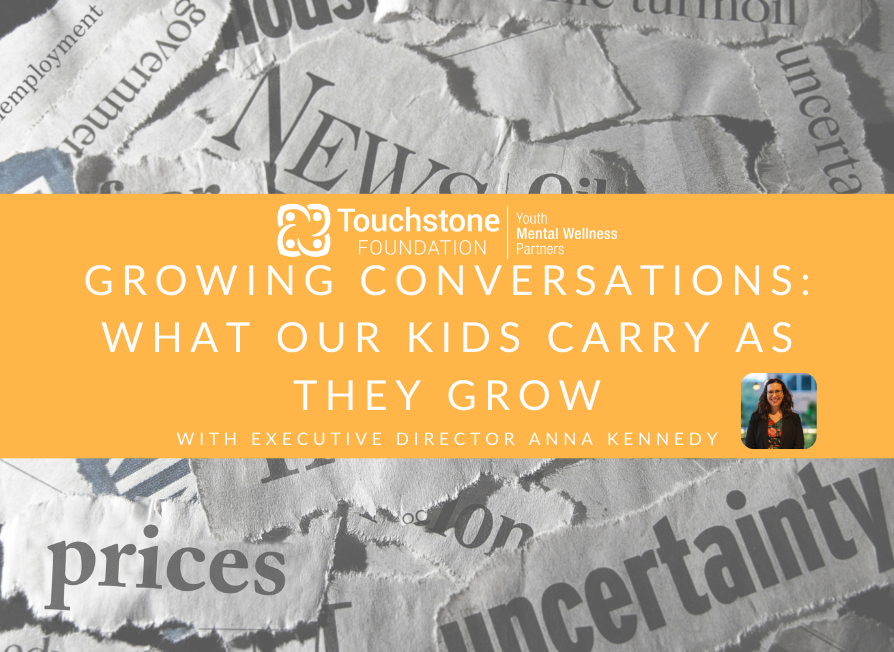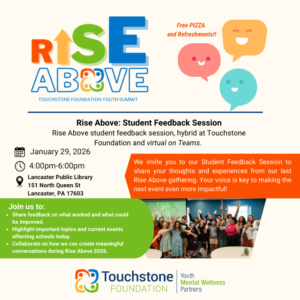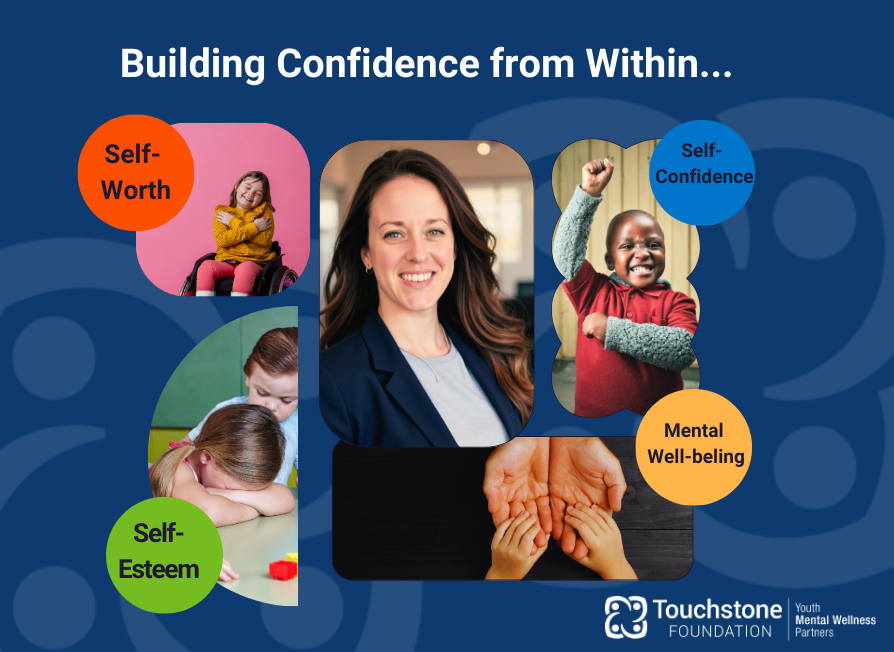
Building Confidence from Within: Insights on Mental Well-Being, Self-Esteem, and Self-Worth
Featuring: Board Member Dr. Valerie Minnich, PhD, LPC (PA), NCC, CAADC, ACS
Growing Up and Finding Confidence: A Guide to Mental Well-Being, Self-Esteem, and Self-Worth
Growing up can feel like a rollercoaster—one moment, you’re on top of the world, and the next, self-doubt creeps in. Think back or reflect on the present. Maybe you’ve questioned your abilities, compared yourself to others, or felt like you weren’t “enough.” The truth is, everyone struggles with confidence at some point. But the good news? Confidence isn’t something you either have or don’t—it’s something you can build.
To explore this journey, we sat down with one of our board members, Dr. Valerie Minnich, PhD, LPC (PA), NCC, CAADC, ACS, to break it all down.
Understanding how to cultivate mental well-being, self-esteem, self-confidence, and self-worth is often the first step toward personal growth. While many people instinctively want to dive into building these skills, Dr. Valerie emphasizes that the most crucial step is first defining them. This can be a challenging process, whether you’re just starting or revisiting these concepts. It’s easy to blur the lines between them—but have no fear, Dr. Valerie is here!
Defining Mental Well-Being
The World Health Organization (WHO) defines mental wellness as:
“A state of well-being in which an individual realizes their own abilities, can cope with normal stresses of life, can work productively and fruitfully, and is able to contribute to their community.”
However, mental wellness goes beyond just feeling happy or being free from mental illness. According to Volunteers of America, true mental wellness is about navigating life’s ups and downs—whether that means preparing for a big exam, handling friendship struggles, or coping with rejection. It’s about maintaining emotional, physical, and mental balance while staying connected to your values and sense of self.
Understanding Self-Esteem: Where Do You Stand?
According to Explore Psychology, self-esteem is about loving and valuing yourself, regardless of accomplishments or external validation. It serves as an internal foundation that remains relatively consistent but can evolve over time through experiences and personal growth.
Self-esteem exists on a spectrum, ranging from high to low:
High self-esteem: Accepting yourself while recognizing areas for growth, setting healthy boundaries, confidently saying “no” when needed, and understanding that worth isn’t based on achievements.
Low self-esteem: Difficulty accepting compliments, constantly seeking validation, being overly self-critical, struggling to set boundaries, and fearing judgment or rejection.
Where do you see yourself on this spectrum? Whether your self-esteem is high, moderate, or low, there is always room for growth. Building self-esteem is a journey, and every step forward counts.
Self-Confidence vs. Self-Worth: Understanding the Difference
Unlike self-esteem, self-confidence can fluctuate depending on the situation. Every time you accomplish something or navigate a challenge, your confidence in that area increases. Even setbacks can strengthen confidence if you learn from them and keep pushing forward.
Signs of healthy self-confidence include:
- Being open to new experiences
- Embracing challenges with confidence
- Viewing mistakes as learning opportunities
- Expressing your thoughts when you have something valuable to share
- Taking action even when feeling nervous
Self-worth, on the other hand, is deeper and more intrinsic. It often takes root in childhood and influences how you see yourself in all aspects of life. Unlike self-confidence, which can change based on achievements, self-worth is about recognizing that you are inherently valuable and deserving of happiness, healthy relationships, and success—regardless of external factors.
Insights from Dr. Valerie: Expert Advice on Self-Esteem and Confidence
The Role of Mental Wellness in Youth Self-Esteem
Q: What role does mental wellness play in fostering self-esteem among children and youth? How can parents, educators, and community leaders create environments that support both self-esteem and overall mental well-being?
Dr. Valerie:
“Once we understand that there are different parts of the self, we can begin to determine what we need to work on to balance our well-being. Throughout time and into the present, children and youth experience social pressures that can be challenging to navigate. Parents, educators, and community organizations can support young people by providing space, guidance, and experiences that help them build essential life skills.”
Practical Ways to Build Confidence and Self-Esteem
Q: What are some practical, everyday strategies young people can use to build their confidence and develop a healthy sense of self?
Dr. Valerie:
“One key practice is normalizing mental health screenings. Making these screenings more accessible—whether at a doctor’s office, school, or counseling agency—helps reduce stigma and ensures early intervention.”
“Another strategy is fostering self-esteem and self-confidence through everyday experiences. Adults can provide structured activities that help youth recognize their strengths, set goals, and develop a positive self-image.”
Where should young people start? Look at the traits of high self-esteem:
- Accepting oneself while recognizing areas for growth
- Setting and maintaining healthy boundaries
- Understanding that worth isn’t based on achievements
- Practicing self-kindness
If any of these actions feel unfamiliar or difficult, that’s where to focus your personal growth efforts.
For more self-esteem-building activities, check out this resource:
Cultivating Confidence: 10 Self-Esteem Activities for Children
The Power of Community Collaboration
Q: How can schools, mental health professionals, and community organizations work together to support youth in building healthy self-esteem?
Dr. Valerie:
“Collaboration is at the heart of Touchstone Foundation’s work. We believe it truly takes a village. Right now, our community needs greater access to mental healthcare and professionals. That’s why Touchstone continues to provide critical mental health support in Lancaster County through our Copay Assistance and Clinical Fellowship programs. Each initiative helps bridge gaps in mental health care, ensuring that young people have the resources they need to build confidence and resilience.”
Self-Care: A Critical Part of the Equation
At times, self-care may seem out of reach, but it is more essential than ever. As Dr. Valerie wisely puts it:
“Self-care is medicine for the mind, body, soul, and spirit. It’s a way to reconnect with yourself, recharge, and step back into the world with renewed energy. When we neglect self-care, it changes how we experience life.”
No matter where you are in your journey, prioritizing mental well-being, building self-esteem, and leaning on community support can make all the difference.

